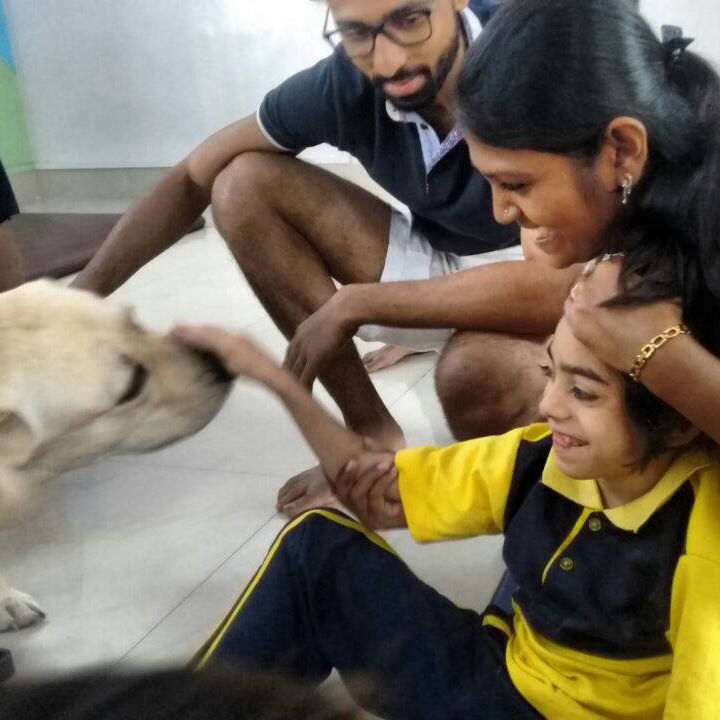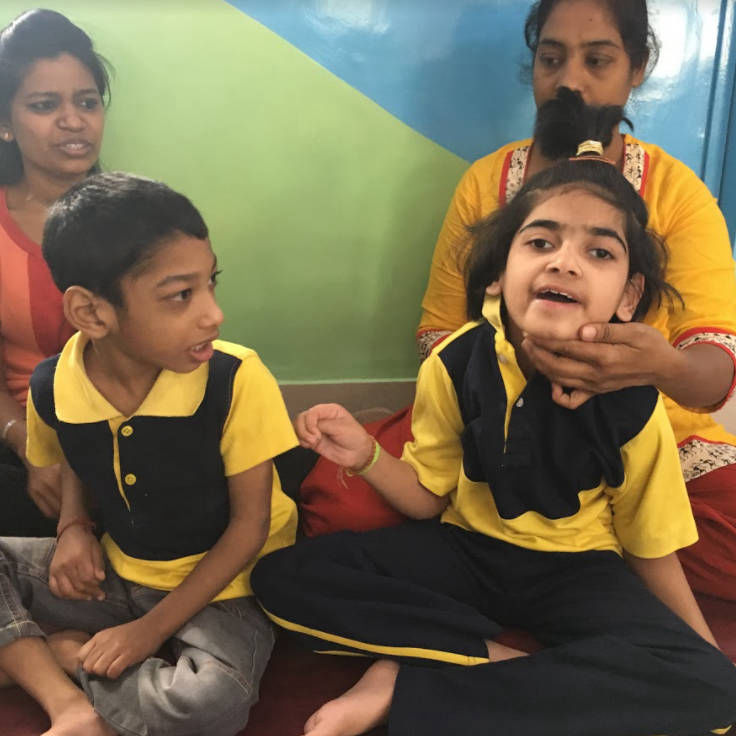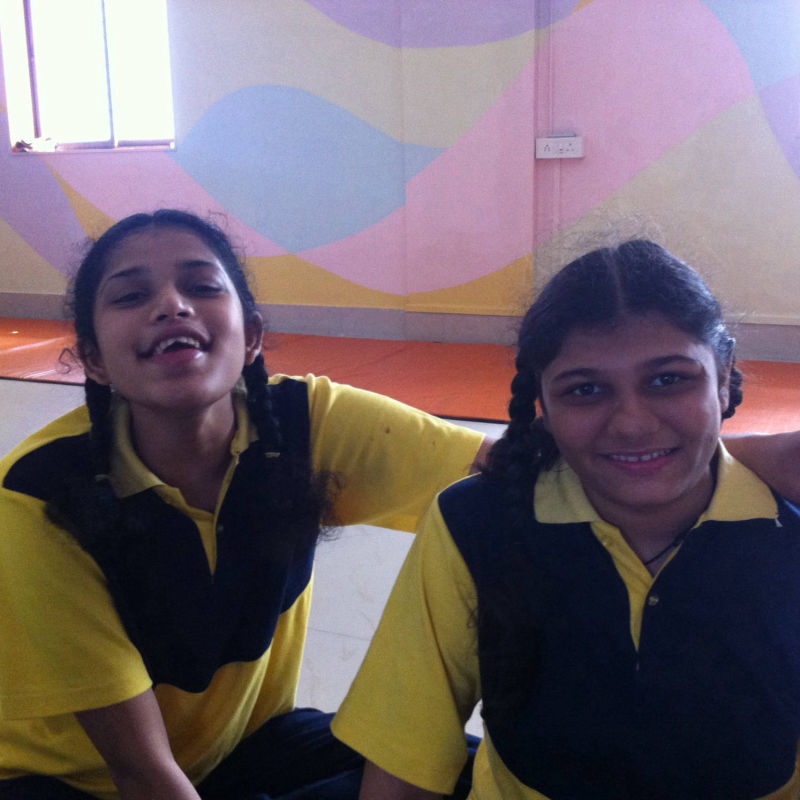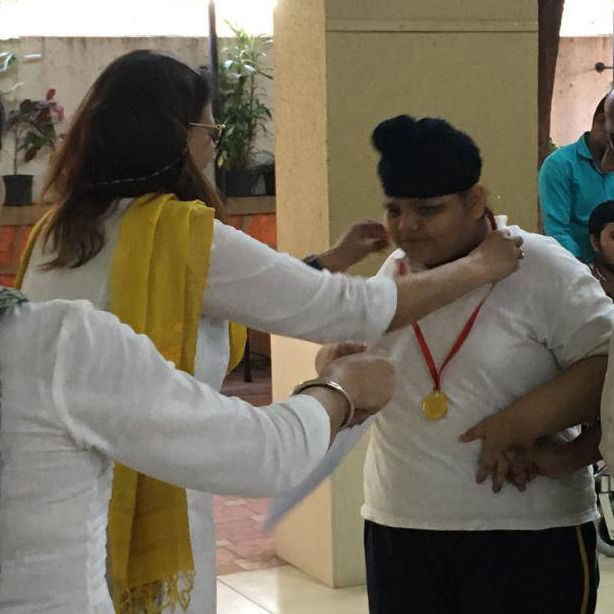



Social and Emotional skills involve children’s awareness of their own emotional needs and the emotional needs of others. It also encompasses the development of children’s self-esteem and their ability to manage negative feelings.
Social and emotional development is strongly associated with a child’s ability to form positive relationships with others, increase pre-social behaviour, improve self-esteem, and help children understand who they are, what they are feeling and what to expect when interacting with others.
It is the development of being able to:
Children’s social and emotional development also influences all other areas of development. Social and emotional skills in children with special needs are highly compromised and at school we create situations and give them frequent opportunities to experience and learn these skills. Group activities are a great way to teach sharing, listening, responding and respecting others and their work. Starting from the morning assembly, to group activities, music and ABT, to the Circle time at the end of the day the children are encouraged to interact, share and express themselves in a space where acceptance and respect is of utmost importance. Only when the child is feeling safe, secure and accepted will he/she want to socialise and be able to form positive relationships and friendships.
Understanding the child’s feelings, mood and enabling them to express themselves in an acceptable and appropriate way is done through modelling, role play and social stories. These skills are beautifully addressed and enhanced, interwoven into the daily program to make it more meaningful and fun.
Related Links:
Physical Skills | Cognitive Skills | Communication Skills | Self-help and Adaptive Skills